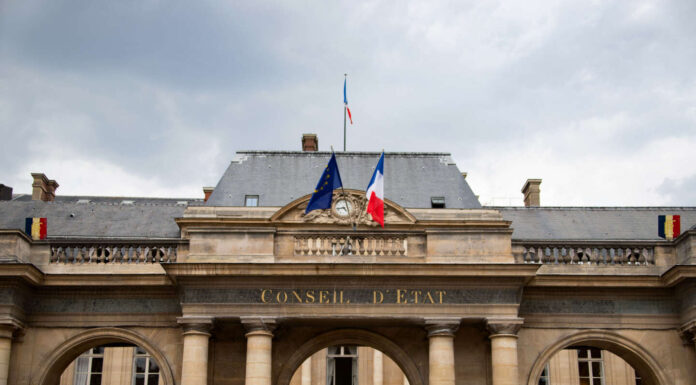A group of German intelligence officials warned the Bundestag against Russia’s “aggressive actions,” with the conflict having the potential to spill out into NATO countries.
Russia could “carry out an attack” against NATO by the end of the decade, German Federal Intelligence Service President Bruno Kahl said.
Kahl made the remark at an annual hearing of the Bundestag’s Control Committee in Berlin on Monday, saying that “whether we like it or not, we are in a direct conflict with Russia.”
He said Russian President Vladimir Putin “declared his enemy long ago” and that “direct military conflict with NATO (is) becoming an option for Russia.”
The head of the Federal Office for the Protection of the Constitution, Thomas Haldenwang, and the chief of the Military Counterintelligence Service (MAD), Martina Rosenberg were also in attendance.
The three officials all spoke of potential danger to NATO and Germany’s future, with Haldenwang stating Russian activities “have reached a level in recent months that should be a wakeup call for everyone.”
He said his office has observed “aggressive actions” by Russia’s intelligence services and that espionage and “sabotage” have been on the rise in terms of scale and severity.
Kremlin spokesperson Dmitry Peskov refuted the remarks, telling reporters in Moscow that Russia has never moved “military infrastructure” towards NATO countries.
“To say that it is the Russian armed forces that pose a danger is absolutely wrong, illogical and contradicts the whole course of history, which led to the confrontation that we are all experiencing together now,” he said.
Moscow has been at war with Ukraine since it invaded the neighbouring country in early 2022, a move the Kremlin partly justified by Kyiv’s desire to join the security alliance and the West’s alleged influence on the eastern European country.
Russia never provided any evidence to support its claims.
NATO supports Ukraine, top boss said
Recently minted NATO Secretary-General Mark Rutte reiterated the organisation’s support for Ukraine during a visit to Kyiv in October.
He told reporters that “the day will come that Ukraine is a full member” of NATO and that Moscow is pursuing an “illegal war” in the country.
In June, Germany’s Interior Minister Nancy Faeser said Berlin was battling internal and external threats, and the security situation remained “tense”.
At the time, she said that Russia’s war in Ukraine continues to call “European peace and order into question” and that the Kremlin – among others – has used its intelligence services to spy on Germany.
Additional sources • EBU












